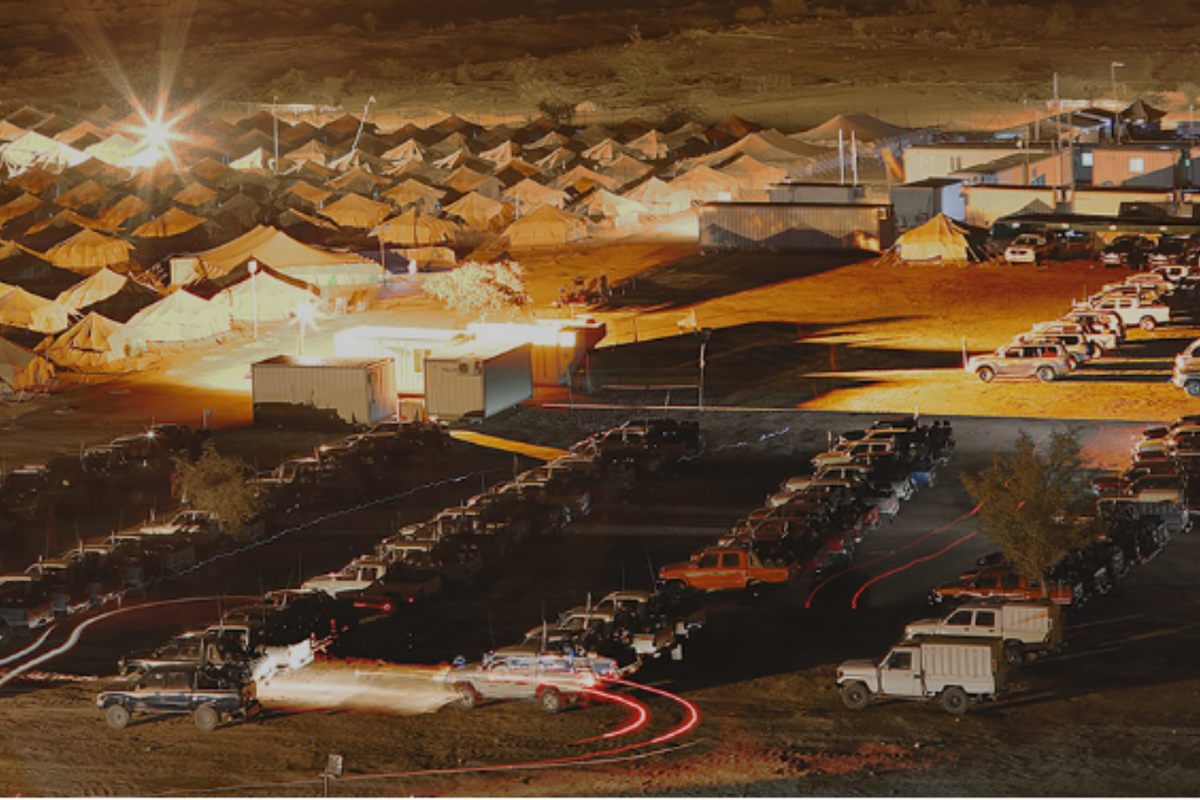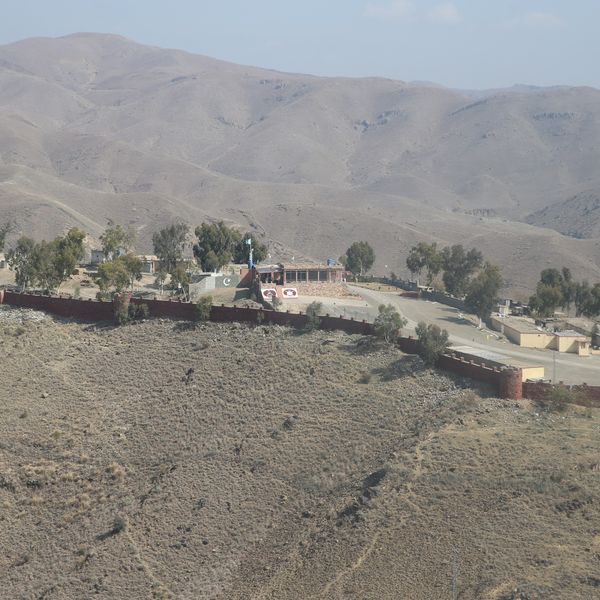Pakistan's Mari Energies unveils ambitious expansion in gas, minerals, and tech
With major upstream gains and Pakistan’s first high-tier data centers underway, the company outlines bold plans

Haris Zamir
Business Editor
Experience of almost 33 years where started the journey of financial journalism from Business Recorder in 1992. From 2006 onwards attached with Television Media worked at Sun Tv, Dawn Tv, Geo Tv and Dunya Tv. During the period also worked as a stringer for Bloomberg for seven years and Dow Jones for five years. Also wrote articles for several highly acclaimed periodicals like the Newsline, Pakistan Gulf Economist and Money Matters (The News publications)

A view of Mari Energy's exploration site
Mari Energies Limited is accelerating its transformation into a diversified energy and technology powerhouse, announcing major developments across mineral exploration, digital infrastructure, and upstream gas expansion as part of its long-term strategic shift. During a recent analyst briefing, the company outlined its evolving portfolio and multi-sector ambitions.
As part of its entry into the minerals sector, Mari is advancing exploration through its subsidiary Mari Mining, which currently holds three licenses in Chagai, Balochistan. Drilling and survey activities are already underway, supported by a series of joint ventures and memoranda of understanding (MoUs) with both local and international partners, the company said.
In parallel, the company is venturing into high-tech infrastructure through Mari Technologies, spearheading the development of Tier-III and Tier-IV certified data centers. These facilities are under construction in Islamabad, Port Qasim, and Karachi, with the 5MW Islamabad center expected to go live in 2025. The initiative aligns with Mari’s ambition to earn Cloud First accreditation and establish a presence in the AI and cloud computing space, reflecting a strategic pivot toward digital integration.
On the upstream front, Mari continues to expand through key gas field developments and infrastructure rollout. The Ghazij and Shawal development phases are underway and contributing incremental gas volumes.
In Waziristan, production began on March 23, at the Shewa Block, following the completion of a 230-kilometer pipeline in a high-security zone. Initial output from Shewa stands at ~70 MMSCFD of gas and 700 barrels per day (BPD) of condensate.
The Spinwam-1 well yielded major discoveries across multiple formations, with the Lockhart formation producing 70 MMSCFD of gas and 310 BPD, and the Hangu formation delivering 37 MMSCFD and 146 BPD.
Additional volumes came from Shawal-1 (~15 MMSCFD) and Shawal-2, which confirmed further hydrocarbon potential. In the Shah Bandar Block, the Pateji X-1 Phase-I was completed in under two months, adding 8 MMSCFD to SSGC, with Phase-II aiming to add another 25-30 MMSCFD.
For the nine months ending FY25, Mari reported a net profit of PKR 46.3 billion with earnings per share (EPS) of PKR 38.56, reflecting a 10% year-on-year decline.
Total production stood at 29.32 million barrels of oil equivalent (MMBOE), a 2% drop largely attributed to gas curtailment.
The company’s reserve base remains strong at 816 MMBOE, including 704 MMBOE in 2P reserves and 112 MMBOE in 2C contingent reserves, with a reserves-to-production (R/P) ratio of 17 years.
Drilling activity included 15 wells spudded, with capital expenditure totaling $88 million. The Ghazij formation alone contributed ~30 MMSCFD from newly developed wells.
Looking ahead, Mari plans to finalize field development plans for the Spinwam discoveries, expand its offshore partnership in Abu Dhabi, deepen its footprint in mineral ventures, and scale up its technology platform, with the first data center launch on track for next year.
Executives emphasized that Mari’s evolving structure reflects a broader vision to play a leading role in energy security, resource development, and digital enablement for Pakistan and the wider region.










Comments
See what people are discussing